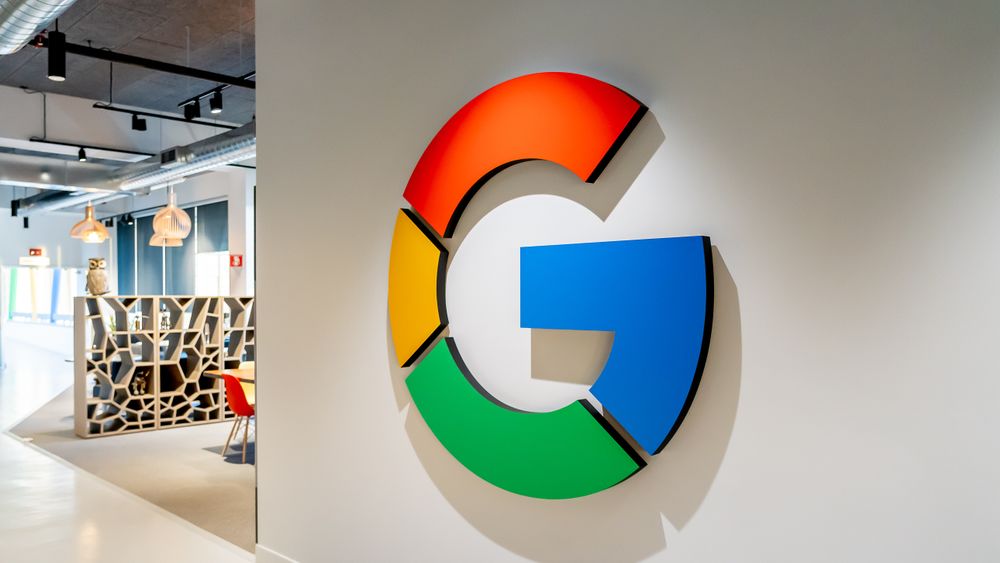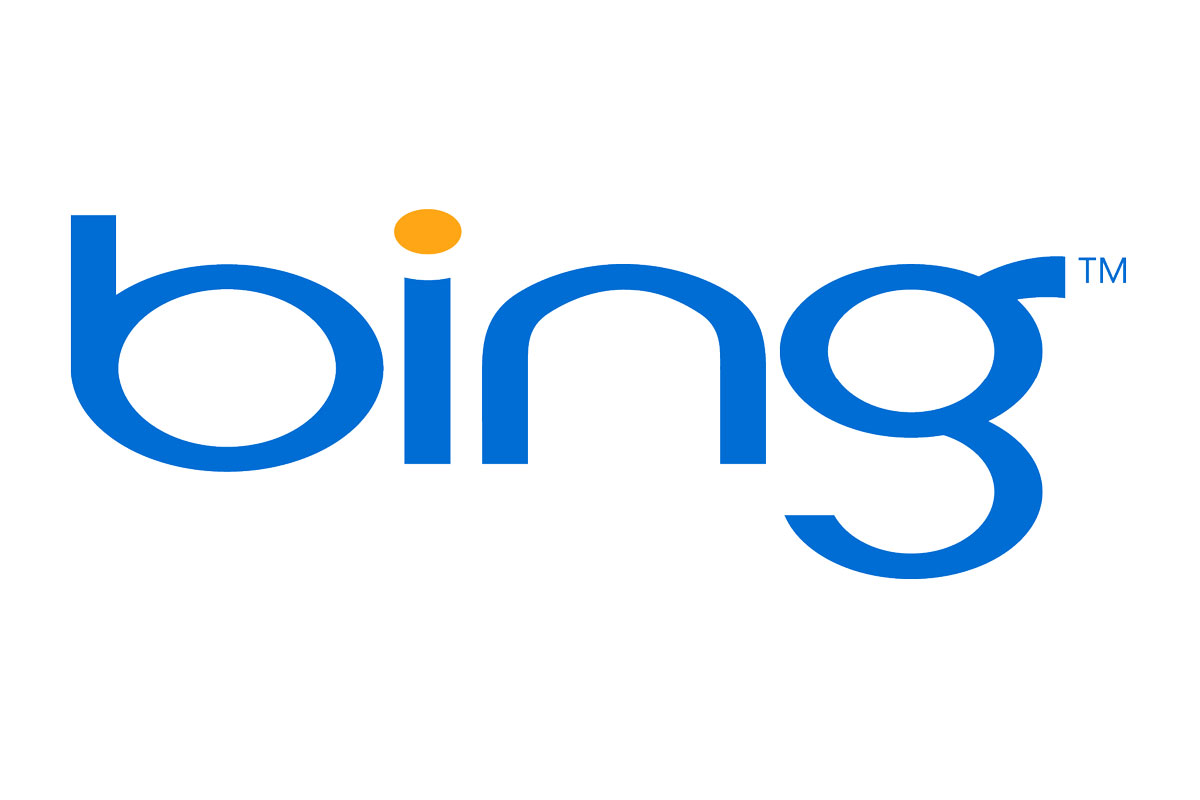Google ups webspam fight
Google promises to up its game in fighting sites breaking its quality guidelines.


Google has announced a new feature to help fight against webspam, where sites cheat their way up search rankings.
Whilst English-language webspam in Google results was less than half what it was five years ago, there has been a slight increase in the past few months.
To counteract this, Google has introduced a redesigned document-level classifier, making it harder for so-called "webspam" content to rank highly.
"The new classifier is better at detecting spam on individual web pages, e.g, repeated spammy words - the sort of phrases you tend to see in junky, automated, self-promoting blog comments," said Google principal engineer Matt Cutts, in a blog.
"We've also radically improved our ability to detect hacked sites, which were a major source of spam in 2010. And we're evaluating multiple changes that should help drive spam levels even lower, including one change that primarily affects sites that copy others' content and sites with low levels of original content."
Google wanted to put to bed the idea the search giant did not take strong action against spammy content if those sites contained Google ads.
Cutts stressed adding Google ads to sites would not boost their search rankings and Google would take action on any site violating the company's quality guidelines.
Sign up today and you will receive a free copy of our Future Focus 2025 report - the leading guidance on AI, cybersecurity and other IT challenges as per 700+ senior executives
"The fact is that we're not perfect, and combined with users' skyrocketing expectations of Google, these imperfections get magnified in perception," Cutts added.
"However, we can and should do better."
In another recent move to shore up security, the search firm bolstered its email authentication for Google Apps users.
Tom Brewster is currently an associate editor at Forbes and an award-winning journalist who covers cyber security, surveillance, and privacy. Starting his career at ITPro as a staff writer and working up to a senior staff writer role, Tom has been covering the tech industry for more than ten years and is considered one of the leading journalists in his specialism.
He is a proud alum of the University of Sheffield where he secured an undergraduate degree in English Literature before undertaking a certification from General Assembly in web development.
-
 Google looks to shake up the way the tech industry classifies skin tones
Google looks to shake up the way the tech industry classifies skin tonesNews The tech giant is pursuing better ways to test for racial bias in tech products
-
 DuckDuckGo vs. Google: Privacy or popularity?
DuckDuckGo vs. Google: Privacy or popularity?Vs Google may reign as king, but it’s not the only option in the world of search
-
 Apple fixes its spammy calendar with Report Junk feature
Apple fixes its spammy calendar with Report Junk featureNews The new option lets you block spam iCloud calendar invites
-
 How to change your search engine in Microsoft Edge
How to change your search engine in Microsoft EdgeTutorials If you'd rather search through Google than Bing, here's how to change your default search provider in Windows 10's new browser
-
 Google's top 2014 search trends revealed
Google's top 2014 search trends revealedNews Google 2014 trends have been unveiled, and include the year’s biggest sporting events, tech releases, cat stats and more
-
 Google declares Amazon its biggest search rival
Google declares Amazon its biggest search rivalNews Google has dubbed Amazon its biggest rival above other traditional search engine companies
-
 EU demands more concessions from Google over search dominance
EU demands more concessions from Google over search dominanceNews Google gets another chance to end probe
-
 Bing's search now includes academic research
Bing's search now includes academic researchNews Scholarly articles will also be featured in Microsoft's Cortana Personal Assistant


